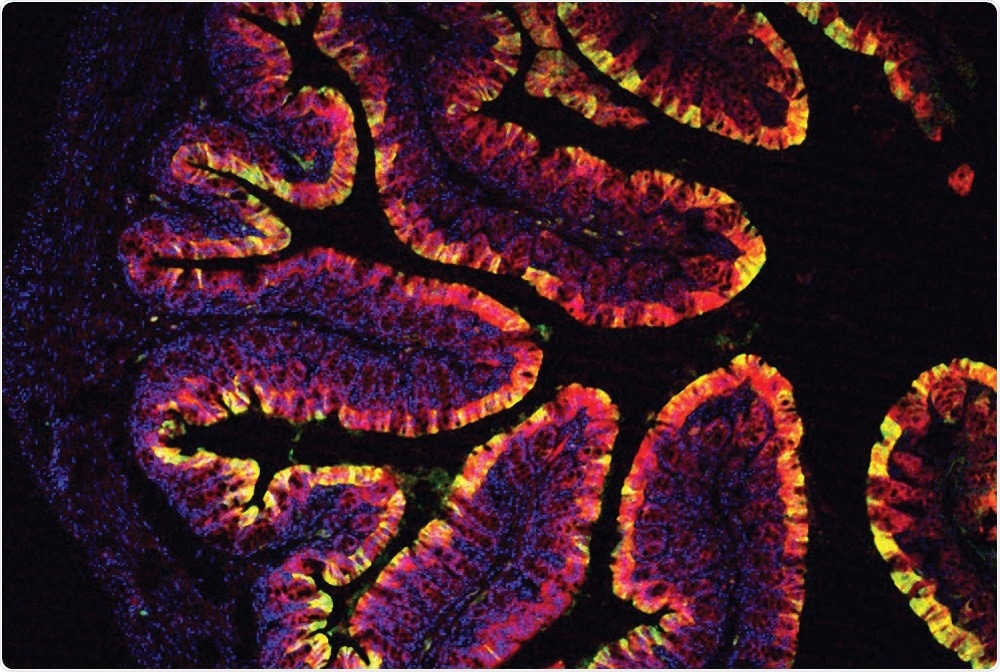Researchers from the Francis Crick Institute have revealed how vegetables such as broccoli, cabbage and kale help to maintain a healthy gut and protect against colon cancer.
 Image Credit: Chris Schiering / Francis Crick Institute
Image Credit: Chris Schiering / Francis Crick Institute
The researchers showed that a diet rich in a chemical called indole-3-carbinol, which is produced when vegetables of the Brassica genus are digested, prevented gut inflammation and colon cancer in a mouse model.
Although the health benefits of eating vegetables are already well-known, many of the mechanisms underlying this benefit have still not been established.
Now, Dr Amina Metidji and colleagues have provided the first evidence that indole-3-carbinol exerts its beneficial effects by activating the aryl hydrocarbon receptor (AhR).
This protein triggers immune and epithelial cells lining the gut to protect against inflammation in response to the trillions of bacteria living in the intestine.
As reported in the journal Immunity, the team studied genetically engineered mice that could not produce or activate AhR in their guts and found that the animals quickly developed inflammatory responses that led to colon cancer.
By contrast, when the animals were fed a diet enriched with indole-3-carbinol, the inflammation and cancer did not develop.
Furthermore, when mice that had already started to develop cancer were switched to the enriched diet, the number of tumors significantly decreased and they were also less malignant.
Seeing the profound effect of diet on gut inflammation and colon cancer was very striking. We often think of colon cancer as a disease promoted by a Western diet rich in fat and poor in vegetable content, and our results suggest a mechanism behind this observation.”
Gitta Stockinger, Senior Author
In mouse gut organoids, the team found that AhR is required for the repair of damaged epithelial cells.
Without the protein, stem cells did not differentiate into the adult epithelial cells that take up nutrients or produce protective mucus.
Instead, the stem cells divided uncontrollably, which can increase the risk of cancer developing.
Although we cannot alter the genetic factors that confer a risk of cancer, we can probably reduce this risk by following a healthy, vegetable-rich diet, said Stockinger.
Next, the team plans to conduct further research using human gut organoids and eventually test their approach in human trials.
Now that we've demonstrated the mechanistic basis for this in mice, we're going to investigate these effects in human cells and people. In the meantime, there's certainly no harm in eating more vegetables!"
Gitta Stockinger, Senior Author
Source:
https://www.eurekalert.org/pub_releases/2018-08/tfci-cfi081018.php